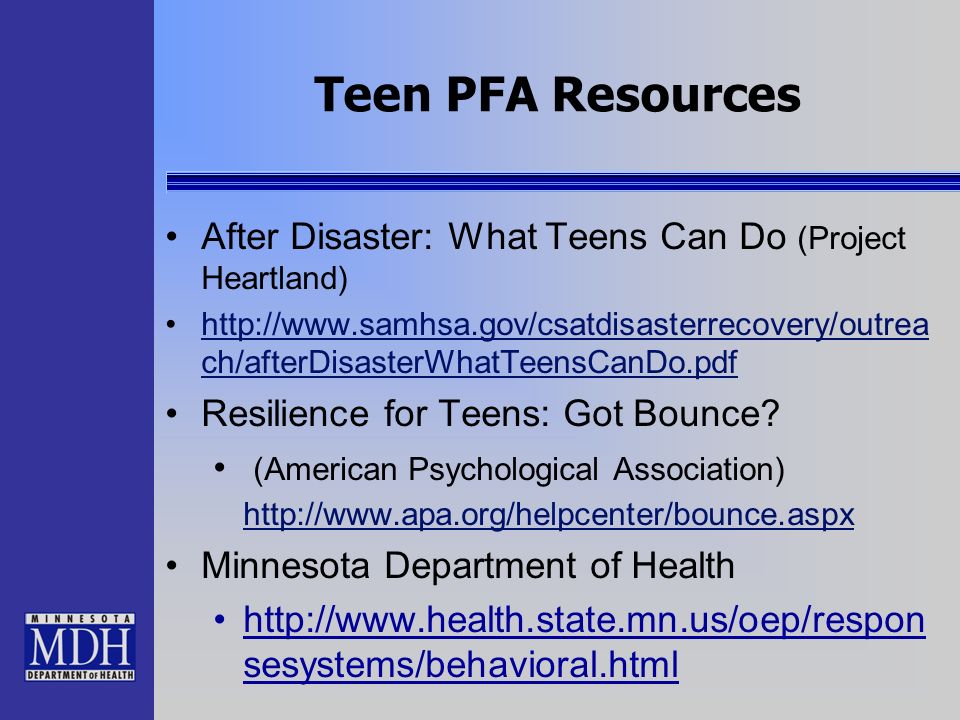
All s are capable of extraordinary things. By building resilience in ren, we can give them the skills to thrive through challenge and adversity.

From Facebook’s COO and Wharton’s top-rated professor, the #1 New York Times best-selling authors of Lean In and Originals: a powerful, inspiring, and practical book about building resilience and moving forward after life’s inevitable setbacks. After the sudden death of her husband, Sheryl

When patients can’t find words to describe their experience, we can often find clues . . . . . . in their posture, in the ways they move, and even in the limitations to their movement. According to Pat Ogden, PhD, when a client has a greater range of movement options – or “movement vocabulary

Resilience – for teens. Everybody has different strengths and that’s what makes us all awesome. Everyone – and we mean everyone – has …

What’s Your ACE Score? (and, at the end, What’s Your Resilience Score?) There are 10 types of hood trauma measured in the ACE Study. Five are personal — physical , verbal , sexual , physical neglect, and emotional neglect.
Resilience training is one of psychology’s most powerful activities for developing mentally strong ren and make adults flourish at work.


Read an Excerpt. Chapter One The One-man Insurgency In the predawn darkness of August 26, 1929, in the back bedroom of a small house inTorrance, California, a twelve-year-old man sat up in bed, listening.
‘America’s Got Talent’ star Kechi Okwuchi coming to Carroll to share message of faith, resilience

Resilience skills can be learned. Teens can benefit from ten APA Help Center resilience tips.


Apr 28, 2018 · Teens undergo the biological changes of and experience cognitive changes allowing them to think more abstractly. Includes resilience tips for teens and communication tips for parents.
